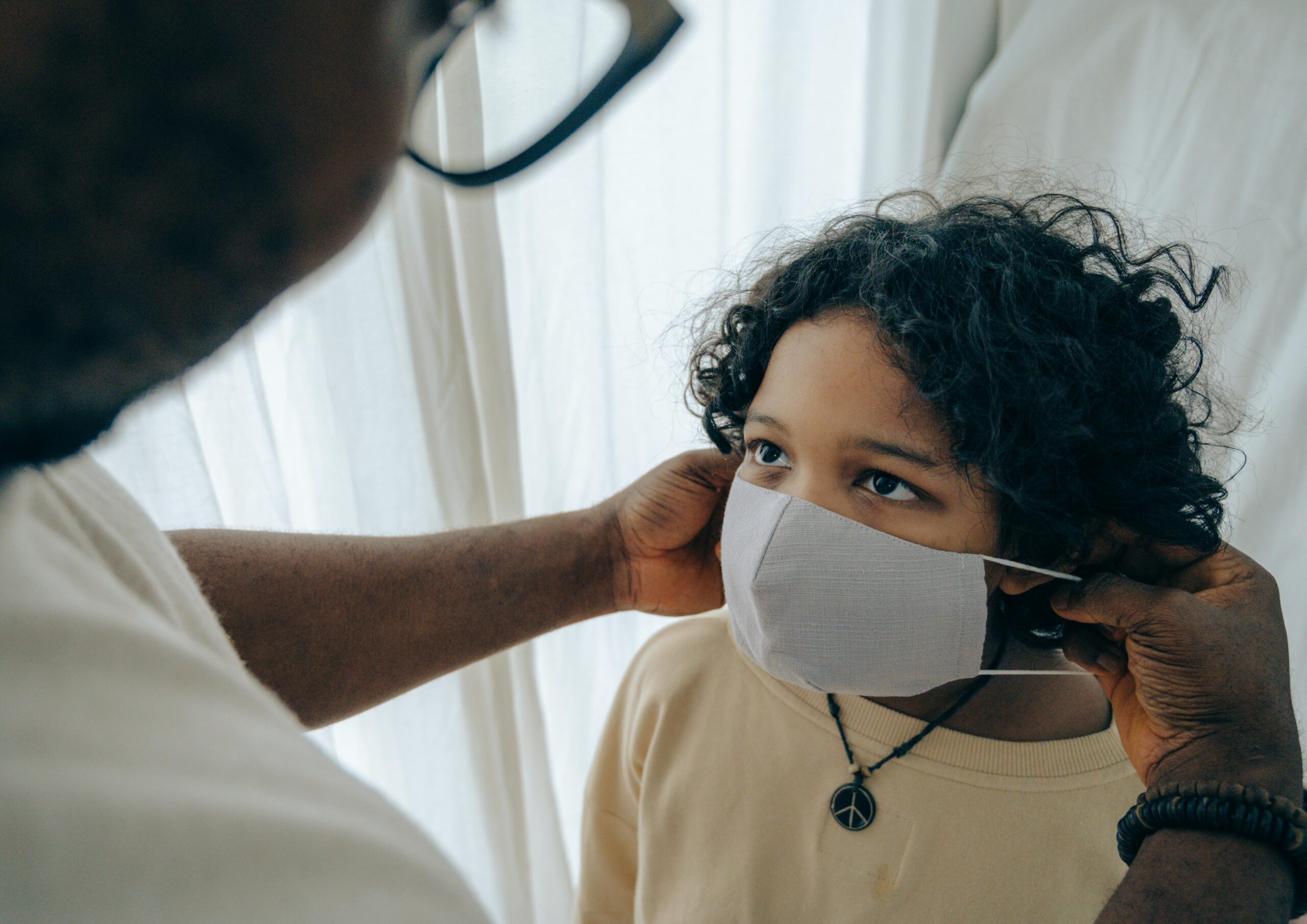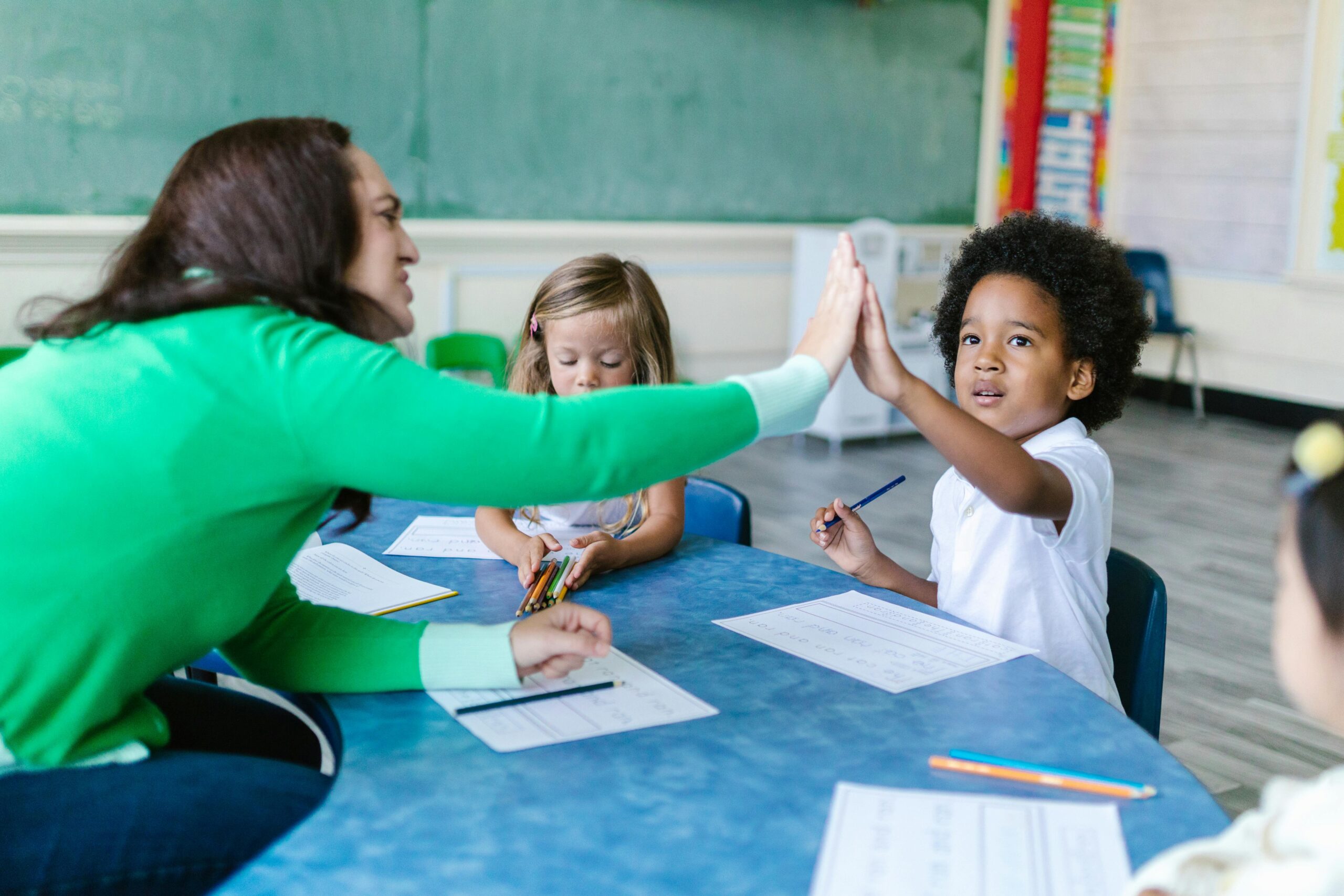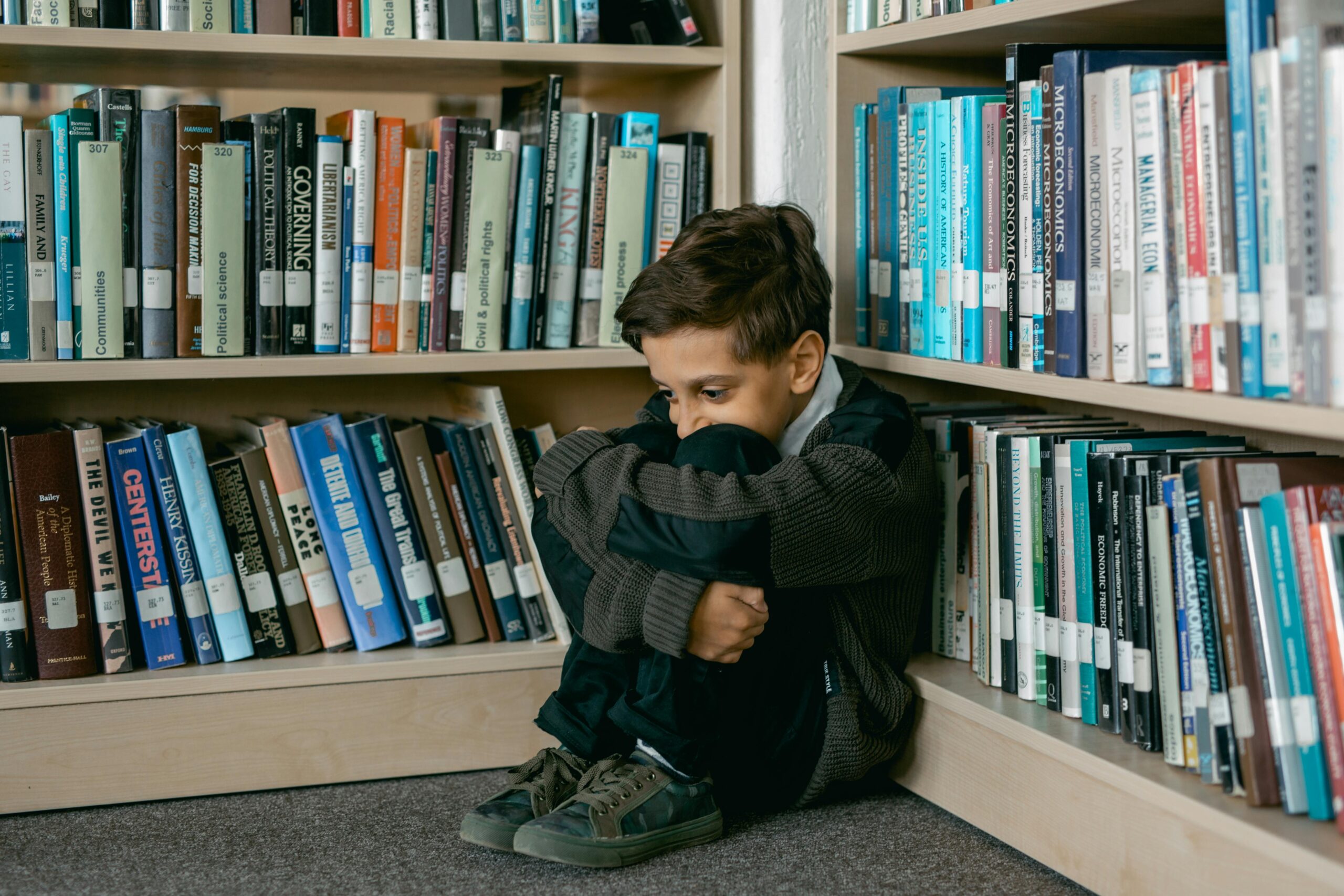Trump. Division & Stress – The Global Impact On Our Children & Young People
22 January 2025

Our classrooms don’t exist in a bubble. Children and young people are deeply connected to what’s happening in the world, often more than we realise. The recent election of Donald Trump as U.S. President has sparked strong emotions globally, and we must consider how this might affect children and young people here in the UK.
From divisive policies to the constant stream of world news on social media, some students may feel distressed, uncertain and fearful of what’s to come. As always, we must do our best to provide the support they need to feel safe, heard, and valued.
This isn’t about political opinion—it’s about helping young people process what they’re seeing and hearing and ensuring our schools remain spaces where everyone belongs.
Why Does Trump’s Presidency Affect UK Students?
Some might wonder why something happening in the U.S. would impact children and young people here. The truth is, politics and world news have never been more accessible, at every moment of the day. Kids scroll through TikTok, Instagram, and YouTube, where political events are dissected in real time. Alongside conversations that children may be hearing at home, out in public or within their communities, suddenly, a political figure thousands of miles away can feel very close to home and a very real risk.
Donald Trump’s presidency is a prime example. His rhetoric and policies have raised concerns about division and belonging, particularly for young people from immigrant, LGBTQ+, or minority ethnic backgrounds. When political decisions target specific groups, students with personal connections to those communities can feel unsafe—even if those decisions don’t directly affect them.
The Emotional Impact of Division
Trump’s presidency has often been described as divisive, with policies and statements that have drawn attention for their potential to marginalise specific communities further. While this division plays out on a global stage, it has real consequences for the mental health of everyone, specifically children and young people. Causing high levels of stress, anxiety and fear, these concerns can have a detrimental impact on behavioural communication, mental health and even physical health.
Take immigration policies, for example. Trump’s travel bans targeting predominantly Muslim countries sent shockwaves through immigrant communities worldwide. Even though these policies didn’t affect UK immigration, they have created a climate of fear for families with ties to communities across the globe. There is also a widespread expectation that because the USA is a global powerhouse, American policy decisions will inevitably influence and predict where UK policy might turn next.
Children from these families may worry about their relatives or question their sense of belonging. The Migration Policy Institute (2023) reports that children exposed to immigration-related stress are at significantly higher risk of anxiety and emotional distress.
Trump’s administration also rolled back protections for transgender students in U.S. schools, such as access to bathrooms aligned with their gender identity. While UK schools operate under different policies, this high-profile discrimination sends a damaging global message. For marginalised communities, fear like this is often widespread across the community, regardless of geographic area. Research by The Trevor Project (2022) found that 86% of LGBTQ+ youth felt negatively affected by anti-trans legislation, even if they lived outside the U.S. For students exploring their own identities, such actions can be deeply unsettling, further exacerbating worries about difference, fitting in, and getting to live safely, happily and free from persecution.
Statements and policies perceived as downplaying racial equality have also stirred strong emotions. For students from minority ethnic backgrounds, exposure to racism—even indirectly—can lead to feelings of exclusion and fear. A big worry is the intention to remove Diversity, Equity & Inclusion programs, departments and protocols. For many, this is a worrying indicator of progress being lost and a return to inequality for minority communities. A 2022 study by Ramaswamy & Adkins found that racial discrimination is a significant risk factor for anxiety and depression in young people.
Social Media, Fear & Misinformation
It’s impossible to separate the impact of world news from the role of social media. Platforms like TikTok and Instagram amplify political events, often in ways that are sensational or emotionally charged. For young people, this means being repeatedly exposed to upsetting stories, videos, or debates. All of these experiences have the potential to have a noticeable impact on mood, behaviour, sleep routines and eating habits.
We know that social media algorithms prioritize content that grabs attention. A young person scrolling through their feed might see videos of protests, hear firsthand accounts of discrimination, or read comments expressing fear and anger. This constant exposure can make global events feel immediate and personal, driving questions like “Could this happen to my family?”.
How Can We Support Children and Young People in Our Schools?
We’re in a unique position to provide stability and reassurance. The good news is, that we don’t need to have all the answers, we need to create environments where our students feel safe to share their worries and process their feelings.
Trauma-Informed Approaches
Our trauma-informed approaches recognise the external events that may be deeply affecting a child’s behaviour and emotional well-being. Here are a few things to consider:
- Foster Emotional Safety: Strive for environments where students feel secure to share their thoughts and emotions without fear or judgment. A simple “How are you feeling about this?” can go a long way.
- Normalise Conversations About Emotions: Use PSHE lessons, circle time or pastoral sessions to encourage open discussions about feelings. This helps students realise they’re not alone in their worries.
- Teach Coping Strategies: Introduce mindfulness exercises, and creative outlets to identify regulating activities to help students cope with anxiety and distress.
Addressing Division and Belonging
When global events highlight division, we must reiterate that everyone belongs. Schools can do this through:
- Representation in the Curriculum: Does our curriculum include diverse voices and experiences?
- Inclusive Celebrations: Celebrate cultural events and encourage students to share their stories.
- Challenging Prejudice: Address discriminatory comments or behaviour and consider what lessons and messages need to be revisited.
Supporting Mental Health
- Spotting the Signs: Look out for changes in communication, such as withdrawal, irritability, or difficulty concentrating.
- Providing One-to-One Support: Offer students a chance to talk privately about their concerns.
- Signposting Resources: Remind our students where they can access help, whether through internal school support or organisations like YoungMinds or Childline.
Talking About Politics in the Classroom
Discussing political topics can be tricky, especially when they’re emotionally charged. Presenting a balanced and unbiased (as difficult as that may be) is important as avoiding the topic altogether can leave students feeling even more confused, unsupported and unseen.
Helping students navigate complex global events requires a thoughtful approach that fosters critical thinking, respectful dialogue, and emotional reassurance. One way to achieve this is by teaching students how to analyse events and form opinions. We look to equip them with the skills to evaluate sources, identify bias, and separate fact from fiction with misinformation being so readily accessible.
It’s essential to offer reassurance, reminding young people that while global events may feel overwhelming, systems are in place to protect human rights and uphold core values such as equality and inclusion. More than ever, a nurture-led, relational approach is needed to support children and young people to feel safe and secure while trying to navigate the complexities of the world they’re growing into.
Supporting students effectively doesn’t stop at the school gates. We must work closely with families. Many parents and carers may feel uncertain about how to approach conversations with their children about global events and offering them practical guidance can make a meaningful difference. These conversations between carers and children can be even harder when parents and carers are experiencing anxiety around the very same topics.
One way to continue our support to families is by sharing age-appropriate resources from organisations like the NSPCC or UNICEF. Additionally, encouraging families to promote healthy routines at home can significantly benefit children’s mental health. For example, limiting exposure to distressing news can help reduce feelings of anxiety or fear. Maintaining consistent daily routines offers children stability while engaging in stress-reducing activities, such as exercise, creative hobbies, or mindfulness practices, which can support overall well-being.
Conclusion
The Trump presidency—and the global political division it highlights—might seem far removed from UK classrooms. But for many young people, it feels personal. Whether it’s anxiety about their identity, their family, or their community, these worries can impact their mental health and sense of belonging while affecting their learning and development.
As educators, we have a vital role in helping students navigate these defining experiences as best we can. By fostering open dialogue, promoting genuine inclusion, and teaching strategies to support ourselves and each other, we can try to ensure our schools remain places where every child feels valued, supported, and safe—no matter what’s happening in the wider world.
References
- Department for Education. (2023). Mental health and wellbeing support in schools and colleges. gov.uk
- Department for Education. (2023). Political impartiality in schools. gov.uk
- Migration Policy Institute. (2023). The Impact of Immigration Policies on Children.
- The Trevor Project. (2022). National Survey on LGBTQ Youth Mental Health.
- Ramaswamy, M., & Adkins, C. (2022). The Psychological Impact of Racism on Youth.

THE TIME FOR KINDNESS
AND CONNECTION IS NOW
We know just how busy you are. We’d love to chat to you about how these courses work and the impact they will have on your school. You may also be unsure about what level of training your school may need – let’s talk!
We’ll get to know you, your school and the needs of your children, staff and community to deliver a bespoke and unique session.
Catch up on news!
Things move quickly. Here you’ll find our thoughts, ideas, research and musings on industry developments and the world of kindness and connection. Take a read..



